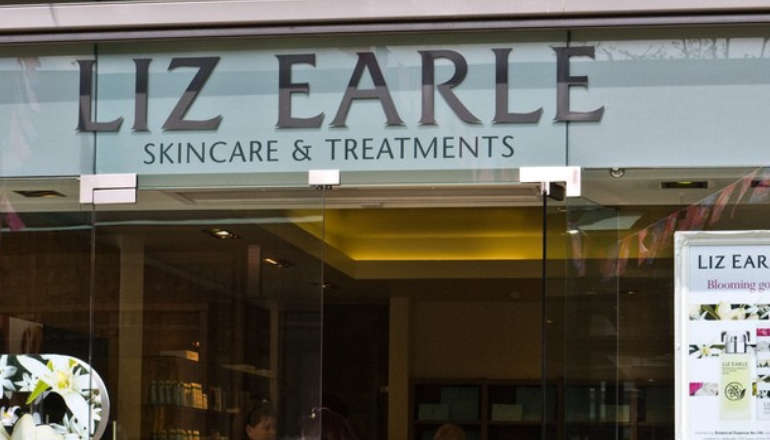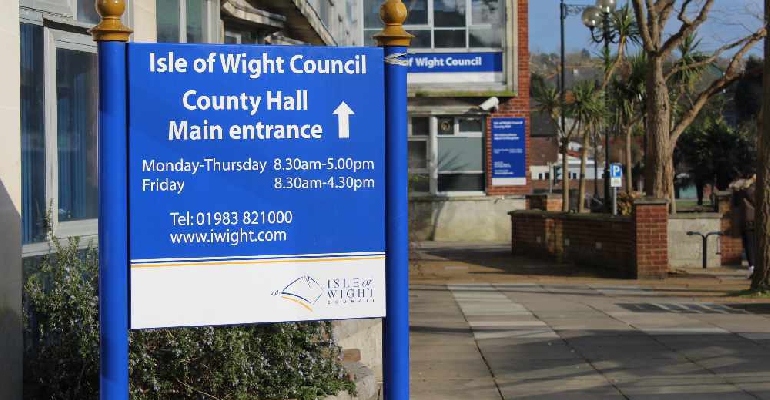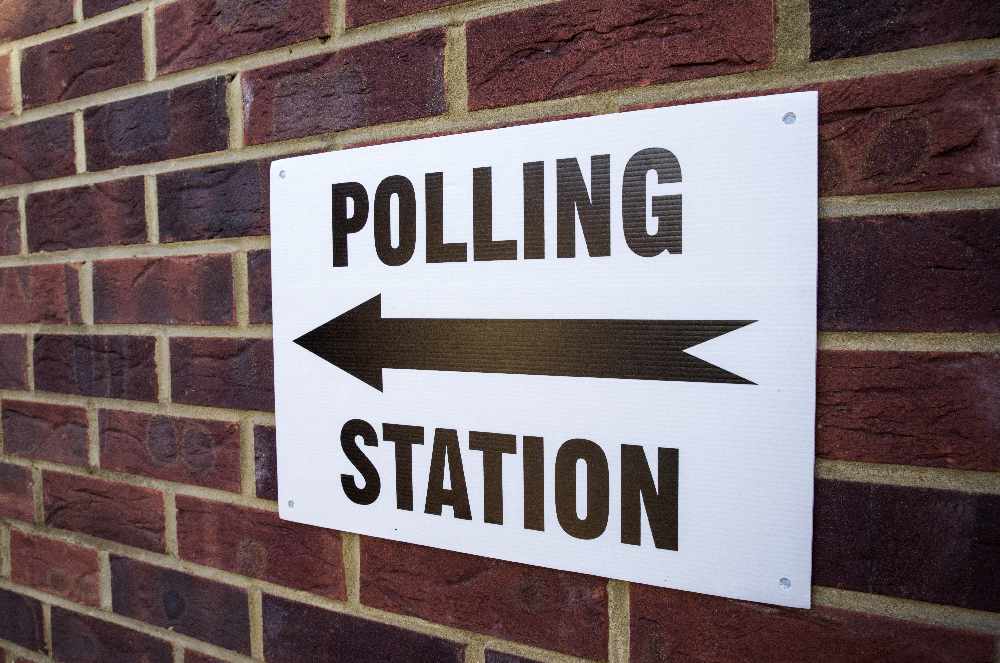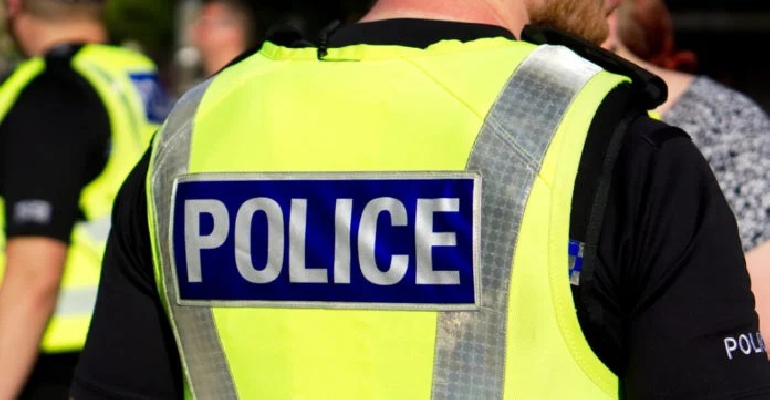
Islanders are being warned of a lottery scam by fraudsters.
Criminals have been contacting unsuspecting victims informing them they have won a lottery or prize draw. The victim has then been informed that they will need to pay an advance fee in order to receive their winnings. In reality, the winnings are non-existent and it is an attempt to steal the victims money, personal or financial information.
Fraudsters use gift cards as a form of payment as they can be easily redeemed and sold on. The criminals don’t need the physical card to redeem the value as they ask the victims to share the serial code on the back of the card with them. In other instances, victims reported being asked for personal and financial information in order to obtain their alleged winnings. Some victims reported providing their bank details thinking they would be sent a small payment to verify the account. In reality, criminals will use these details to steal the victim’s money.
Between April and October 2021, Action Fraud received 629 reports of lottery fraud, with 89 per cent of reports mentioning well-known prize draws. Impersonation of People’s Postcode Lottery accounted for almost half (49 per cent) of all reports. Almost three quarters of victims (70 per cent) were aged over 50, with those aged over 65 accounting for 40 per cent of reports.
How to protect yourself
Stop: Unsolicited offers of large sums of money in return for a small upfront payment should always raise a red flag. Taking a moment to stop and think before parting with your money or information could keep you safe.
Challenge: Could it be fake? Remember, you can’t win a prize in a competition you didn’t enter. It’s okay to reject, refuse or ignore any requests. Only criminals will try to rush or panic you.
Protect: If you think you’ve been a victim of fraud, contact your bank immediately and report it to Action Fraud online at actionfraud.police.uk or by calling 0300 123 2040.
You can find further protection advice around lotteries and competition on the Gambling Commission’s website.
For more of the government’s latest advice on how to stay secure online, visit the Cyber Aware website: https://www.ncsc.gov.uk/

 Plans To Use Five Shanklin Homes For Parenting Courses Provoke Outcry
Plans To Use Five Shanklin Homes For Parenting Courses Provoke Outcry
 Conference On Supporting Vulnerable Children To Be Held In Newport Next Month
Conference On Supporting Vulnerable Children To Be Held In Newport Next Month
 Ventnor Town Council Could Scrap "Vital" Beach Safety Project
Ventnor Town Council Could Scrap "Vital" Beach Safety Project
 What Is Devolution... And What Happens Now?
What Is Devolution... And What Happens Now?
 Sloop Inn Works Scheme And Name Change Shelved After Parish Council Opposition
Sloop Inn Works Scheme And Name Change Shelved After Parish Council Opposition
 SpaMedica: UK Leading NHS Cataract Surgery Opens Diagnostic Clinic On Isle Of Wight
SpaMedica: UK Leading NHS Cataract Surgery Opens Diagnostic Clinic On Isle Of Wight
 Island MPs' Gaping Devolution Divide Shows No Sign Of Narrowing
Island MPs' Gaping Devolution Divide Shows No Sign Of Narrowing
 Liz Earle Head Office In Ryde Set For Closure With Staff Set To Face Redundancy
Liz Earle Head Office In Ryde Set For Closure With Staff Set To Face Redundancy
 "Local Control Of Key Decisions": Council Leader Defends Controversial Devolution Plans
"Local Control Of Key Decisions": Council Leader Defends Controversial Devolution Plans
 Three 'Affordable' New Flats Could Be Built On First Floor Of Former Dessert Shop
Three 'Affordable' New Flats Could Be Built On First Floor Of Former Dessert Shop
 Isle Of Wight Council Unveils 2025/26 Budget With Five Per Cent Council Tax Rise In The Pipeline
Isle Of Wight Council Unveils 2025/26 Budget With Five Per Cent Council Tax Rise In The Pipeline
 Isle Of Wight Elections To Be Delayed Until May 2026
Isle Of Wight Elections To Be Delayed Until May 2026
 Three-Bed House Could Be Built Within Grounds Of Neglected Ventnor Hotel
Three-Bed House Could Be Built Within Grounds Of Neglected Ventnor Hotel
 Warning Issued Over Smart Pass Scam
Warning Issued Over Smart Pass Scam
 National Lottery Heritage Fund awards Naturezones Wildlife Education Trust £72,400
National Lottery Heritage Fund awards Naturezones Wildlife Education Trust £72,400
 Man Charged As Part Of Child Sex Offence Investigation On The Isle Of Wight
Man Charged As Part Of Child Sex Offence Investigation On The Isle Of Wight
 Iconic Isle Of Wight Footbridge To Be Replaced
Iconic Isle Of Wight Footbridge To Be Replaced
 Southern Water Gurnard Works Underway To Make Roads Greener And Reduce Storm Overflows
Southern Water Gurnard Works Underway To Make Roads Greener And Reduce Storm Overflows
 Groyne Surgery Announced For Lake And Colwell Bay
Groyne Surgery Announced For Lake And Colwell Bay
 Camp Site Could Be Transformed Into 'High End' Glamping Accommodation
Camp Site Could Be Transformed Into 'High End' Glamping Accommodation


